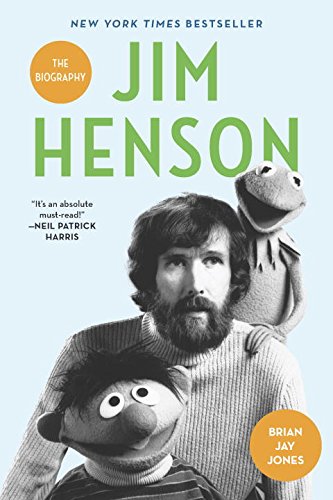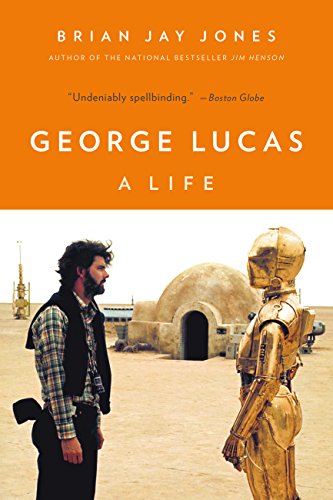I was in a sporting goods store the other evening, looking at the rows and rows and shelves and shelves of equipment and clothing available for almost any kind of sport or activity, and it got me thinking: I’m not sure if it’s an American thing exactly, but we seem to love our gear and accessories.
When we pick up a new hobby — whether it’s baseball or lacrosse or running — we love to go out, before we’ve even set foot on a ball field or track, and buy all the gear. Wanna play golf? Apart from the clubs, balls and tees that are the required equipment, you can buy golf shoes designed by aerospace engineers, and golf shirts with almost any kind of logo. There are golf bags with jillions of little pockets that can fold up to fit in a briefcase, and golf umbrellas that span large enough to protect Montana from the rain. There are ball markers and ball cleaners and spike tighteners and club scrapers — all of which seem to have bottle openers on them — and countless other little toys and accessories to make life on the links that much easier. We take all of that stuff, put it on, throw everything in the car, head for the golf course and discover…
…well, we discover that golf can be hard work. We find out that no matter how fancy the gear is, how great as all the accessories might be, what looks like a fun game still takes a certain amount of skill and work to do well. Even if you never want to join the PGA tour — or even want to become a scratch golfer — it still takes some skill and practice to keep from spraying your ball into the trees and spending all your afternoon in the rough. Which sucks. Take it from me.
It can be the same way with writing. Writing looks fun and relatively easy — after all, the only real equipment you need is a computer with some sort of word processing program or, if you’re old school, a pen and notepad. And there are plenty of accessories, too — we like desks and laptops and colored pens and stationery and printers and Post-It notes. We picture everything in our work space being just right, precisely conducive to the creative process, so we can get to work.
There’s a great moment in the movie Funny Farm where Chevy Chase — who’s moved from the city to a picturesque farm house so he can write that novel he’s been thinking about — finally sits down at the typewriter in his perfectly ideal and secluded office, types the three-word title at the top of the first page (“THE BIG HIT”) and then . . . sits and stares.
We’ve all been there — that moment when you realize that it doesn’t matter whether you’re on a Mac or a PC, whether you’re using a chewed up pencil or a Mont Blanc pen, or whether you’re at a mahogany desk or the Formica-topped kitchen table. Regardless of your accessories, you’ve got to get something on that piece of paper. Writing — like golf or baseball — is suddenly about more than the accessories. It’s time to create words, to create worlds — and while writers love doing it, it’s still work. As the brilliant William Zinsser says: “I hate writing, but I love having written.”
What tends to happens, then, whether it’s writing or golfing, is we start paring down on our accessories, settling into what’s comfortable — and comforting — to use. Sometimes its a matter of experimentation — maybe the most expensive golf ball doesn’t fly as far for you as a cheaper brand, simply because of the quirks of your particular swing. Writers do the same thing, discarding gel pens in favor of ball points, using old fashioned, beat up filing cabinets to store story ideas, research notes, and interesting photos, or coming to realize that that great slab of polished oak you’re using for a desk is too intimidating and moving back to the cozier climes of the smaller, coffee-stained IKEA modular.
Or maybe you do find you need a leather golf glove on each hand to keep your swing under control, or you write better with a gold-nibbed fountain pen at a spartan mahogany desk. Maybe you don’t even need it, maybe you just like it and want it. And that’s okay, too. Accessories can be a fun part of your work — but it is work, so it’s up to you to determine what you need and what you don’t to get it done. No one else gets to decide that for you. As I’ve said here before, you just have to go with what works for you.
Now if you’ll excuse me, the new Levenger catalog just arrived. Surely, there’s something in it I have to have. No, really.








Brian:
This is great!
When I first started freelancing back in 1996, I wrote with pen and pad on an old sewing machine table. Now, my PC screen and printer sit on that table, and I write on a small desk that my wife used to use in college. The desk lamp is one my sister-in-law used in college back in the early 70s.
All of the above works for me and, yes, that’s what writing truly is, work.
…but it’s enjoyable as well :)
Steve
LikeLike
“I hate writing, but I love having written.”
Well, that makes me feel better because that sums me up rather well!
LikeLike
Steve: I’m a notorious self-editor, so I can’t write anything longhand except notes — and then I have this thing about taking them in fountain pen like I’m sitting in a 19th century coffee house or something. So you have my admiration at your ability — even at one time! — to write articles in pen and pad. I would make a mess.
At the moment, I’m on a laptop at an old kitchen table I use as a desk. But it’s an awkward height, which makes my wrists ache after typing for a while, so I’m on the market for something different. We’ll see.
Rob: Hey, if Zinsser can admit it, so should anyone!
LikeLike